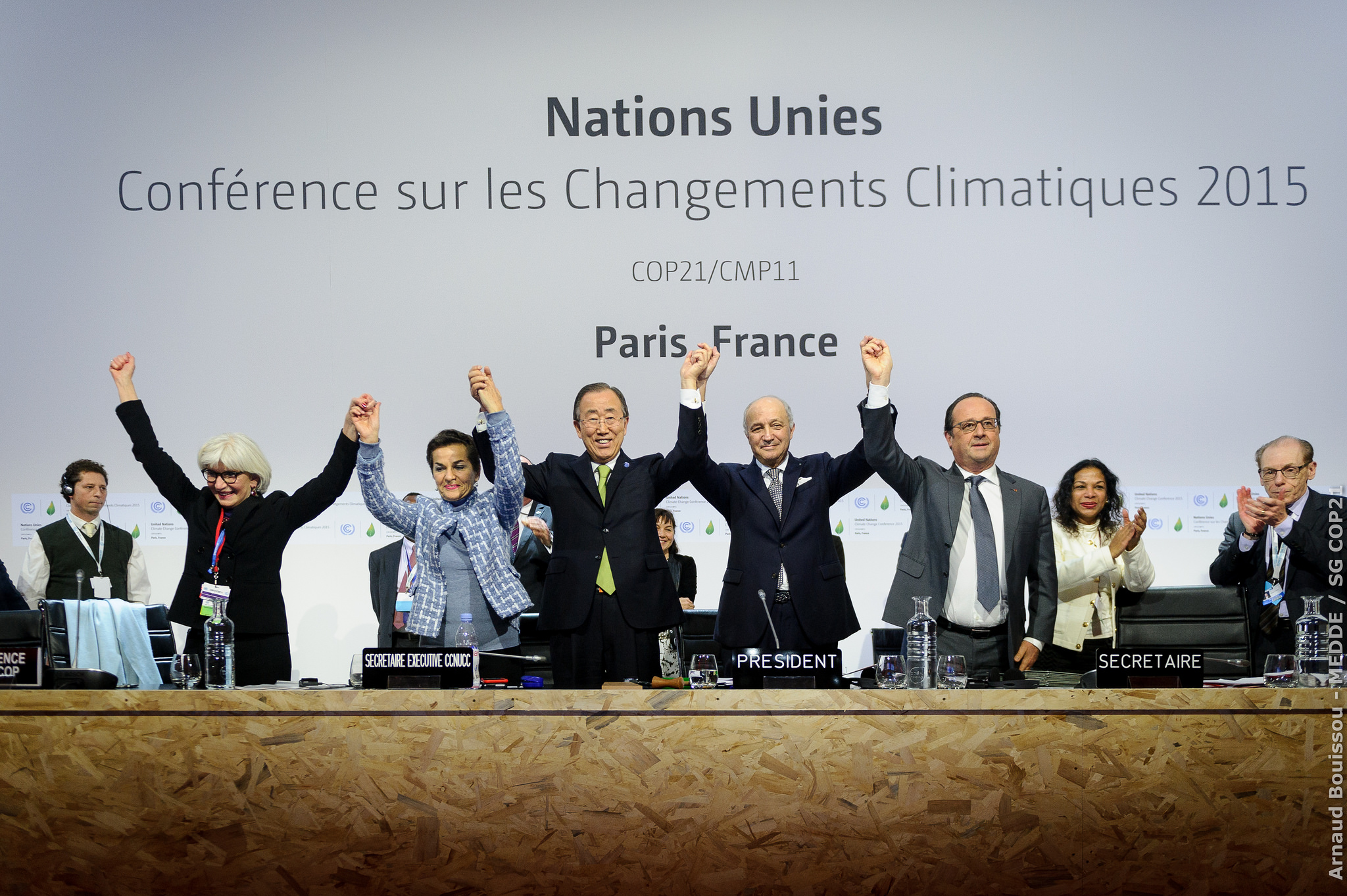Politics and policy change

Given the relevance of policy in the energy sector, energy policy change is widely studied in public policy and political science. The energy sector presents a particularly interesting case for studying the dynamic nature of policy change as the degree of policy change differs markedly across countries, thus creating an opportunity for comparative analysis. In this work stream, our research investigates both the dynamics of policy change – by systematically measuring and comparing policy output across countries – as well as the drivers of policy change. We are particularly interested in how policy feedback impacts on long-term policy change and the role of technological change therein. Our research in this field is partly supported by the external page Swiss National Science Foundation (Project number PYAPP1_166905).
Measuring policy change
The comparative study of policy change is hampered by the challenges of measuring policy output (i.e. individual policies) in a systematic and comparable way. Growing interest in the real-world effects (such as technological change) of differences in countries’ policy choices has led to the advances in conceptualising basic policy design elements. Approaches to measure such policy design elements have been developed, enabling the creation of systematic data on policy design over time. These advances now allow researchers to better understand how individual policies and also how complex policy mixes change over time.
At EPG, we have developed and applied measurement tools that allow for systematically assessing policy design in areas relevant for the energy transition, such as renewable energy and energy storage technology. On the basis of such policy datasets, we aim to understand how countries’ policy mixes change over time, particularly regarding policy design characteristics related to specific energy technologies.
Explaining policy change
EPG also investigates the drivers of policy change in the energy sector. Apart from general political or economic drivers, we focus on new actors related to low-carbon technologies that have been nurtured by previous policy interventions. Over time, such new actors change the politics behind subsequent policy-making, potentially leading to more ambitious or effective policies. This emphasis on the feedback loop between technological change and subsequent policy change provides for a unique approach for understanding long-term policy change in the energy sector, namely as the result of the co-evolution of policy and technology.
Selected publications:
Sewerin S., Béland D., Cashore, B. (2020). Designing policy for the long term: agency, policy feedback and policy change. Policy Sciences, 53, 243–252. external page https://doi.org/10.1007/s11077-020-09391-2
Schmid N., Haelg L., Sewerin S., Schmidt T.S., Simmen I. (2020) Governing complex societal problems: The impact of private on public regulation through technological change, Regulation & Governance, open access. external page https://doi.org/10.1111/rego.12314
Schmid, N., Sewerin S., Schmidt T.S. (2019). Explaining Advocacy Coalition Change with Policy Feedback. Policy Studies Journal, open access. external page https://doi.org/10.1111/psj.12365
Schmidt T.S., Schmid N., Sewerin S. (2019). Policy goals, partisanship and paradigmatic change in energy policy – analyzing parliamentary discourse in Germany over 30 years. Climate Policy (forthcoming) external page https://doi.org/10.1080/14693062.2019.1594667 Download Free Download (PDF, 1.7 MB)
Burns, C., Tobin, P., Sewerin, S. (Eds.). (2019). The Impact of the Economic Crisis on European Environmental Policy. Oxford University Press. external page https://doi.org/10.1093/oso/9780198826958.001.0001
Sewerin, S., Schmidt, T.S. (2019). Renewable Energy: Policy Dynamics at the Macro-, Meso-, and Micro-Levels. In: Burns, C., Tobin, P., Sewerin, S. (Eds.). (2019). The Impact of the Economic Crisis on European Environmental Policy. Oxford University Press, p. 43-64. external page https://doi.org/10.1093/oso/9780198826958.003.0003
Burns, C., Tobin, P., Sewerin, S. (2019). Measuring the Impact of the Crisis on European Environmental Policy. In: Burns, C., Tobin, P., Sewerin, S. (Eds.). (2019). The Impact of the Economic Crisis on European Environmental Policy. Oxford University Press, p. 1-18. external page https://doi.org/10.1093/oso/9780198826958.003.0001
Burns, C., Tobin, P., Sewerin, S. (2019). European Environmental Policy at a Time of Crisis: Benign Neglect, or a Leader Losing Pace? In: Burns, C., Tobin, P., Sewerin, S. (Eds.). (2019). The Impact of the Economic Crisis on European Environmental Policy. Oxford University Press, p. 199-217. external page https://doi.org/10.1093/oso/9780198826958.003.0010
Schmidt, T.S. and Sewerin, S. (2018). Measuring the temporal dynamics of policy mixes – An empirical analysis of renewable energy policy mixes’ balance and design features in nine countries. Research Policy, in press. external page Free access
Schmidt T.S., Sewerin S. (2017). Technology as a driver of climate and energy politics, Nature Energy 2. external page doi: 10.1038/nenergy.2017.84 external page Free access.
Schmidt, T.S., Matsuo, T., Michaelowa, A. (2017). Renewable energy policy as an enabler of fossil fuel subsidy reform? Applying a socio-technical perspective to the cases of South Africa and Tunisia. Gobal Environmental Change 45, 99-110. doi:
external page 10.1016/j.gloenvcha.2017.05.004
Schaffrin, A., Sewerin, S., Seubert, S. (2015). Toward a Comparative Measure of Climate Policy Output. Policy Studies Journal 43, 257-282. external page doi: 10.1111/psj.12095
Schaffrin, A., Sewerin, S., Seubert, S. (2014). The Innovativeness of National Policy Portfolios – Climate Policy Change in Austria, Germany, and the UK. Environmental Politics 23, 860-883. external page doi:10.1080/09644016.2014.924206 external page Free Download of Post-Print